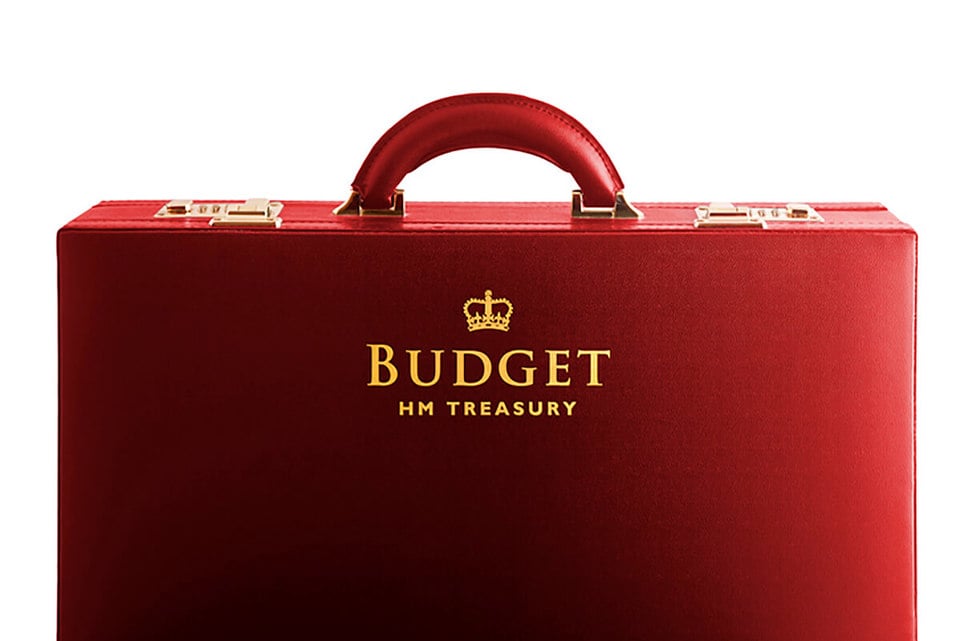Chancellor of the Exchequer Alistair Darling surprised many analysts with his optimistic view on the UK’s recovery from recession.
With many experts forecasting the current recession to last until the end of the next year at the earliest, with more pessimistic doomsayers such as Renault chief operating office Patrick Pelata expecting no recovery in the UK before 2013, Darling’s claim during his Budget speech that “growth would resume” this year led to barely concealed incredulity on the opposition benches.
“Because of our underlying strength, the measures we are taking, domestically and internationally, I expect to see growth resume towards the end of the year,” he told Parliament.
He added: “Next year, because of the pick-up in world demand, the continuing benefit of lower prices, and the substantial recovery measures put in place, I am forecasting growth of 1.25%.”
In 2011, Darling is confident that the UK economy will grow at an incredible 3.5%, finally stabilising at 2.75%.
However, his recent track record of crystal ball gazing has been some way off target. This year will end with a market contraction of around 3.5%. But in last year’s Budget, Darling was confidently predicting growth this year of 2-2.5%.
He’ll need his figures to be more accurate this time in order to meet his longer-term plans to lower national debt. Public Sector Net Borrowing for the last fiscal year is £94 billion, far ahead of the November 2008 pre-Budget Report forecast of £78 billion.
Net borrowing is expected to nearly double in 2009/10 to £177 billion, just under 12% of GDP.
Anything higher probably would’ve unnerved the financial markets even more.
Darling expects borrowing to return to around 5% by 2013/14.
HSBC begs to differ. Its Budget report said the ramifications of the banking crisis will still be reverberating into the 2020s, “constraining the ability of governments to deliver better public services or reduce the burden of taxation”.
There’s an element of hyperbole, but it’s clear the UK has a long way to go before it gets back to a pre-financial meltdown position – if, indeed, it ever gets there.
The big issue has been the social and fiscal acceptance of debt as a way to fuel the economy. Consumers have been happy to fund their lifestyle through credit – and the Government has been happy to let them. That has left the country facing personal debt levels of £1.4 trillion.
While the Government believes that spending its way out of
the recession is the best option, it’s doubtful that many consumers agree. That could dent the Chancellor’s hopes of a speedy recovery.













Login to comment
Comments
No comments have been made yet.